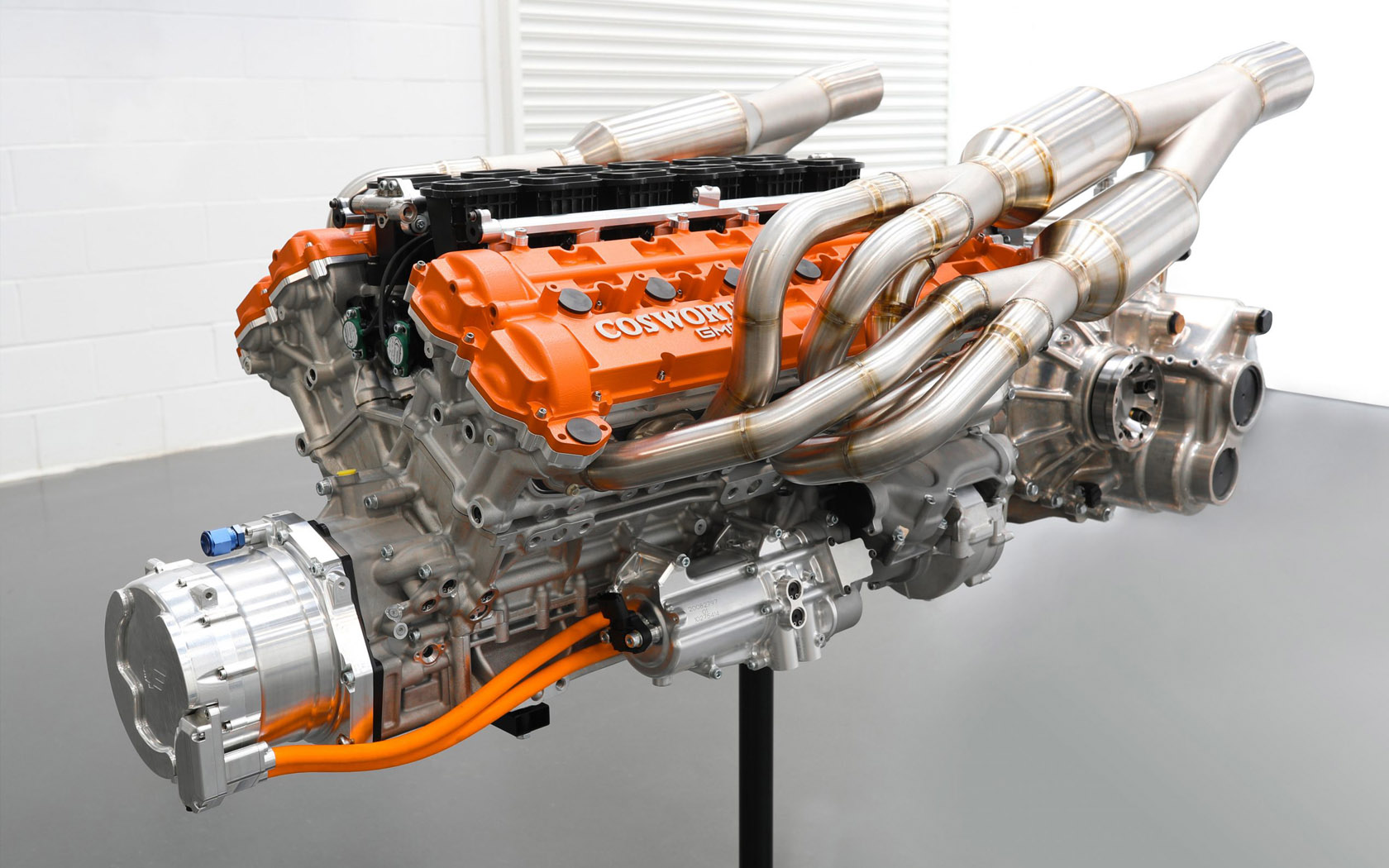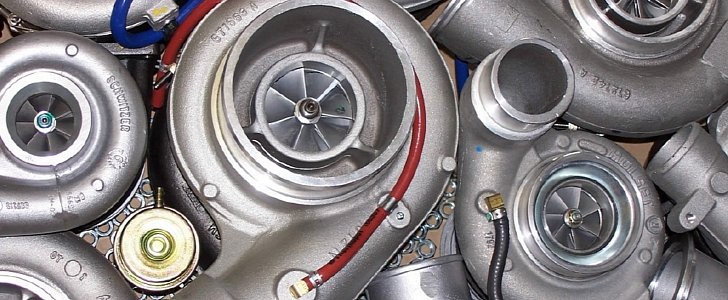What Sets Engines For Africa Apart in the Market
What Sets Engines For Africa Apart in the Market
Blog Article
Explore a Wide Variety of Engines for each Automobile and Function
The auto landscape is increasingly complex, with a diverse range of engine types developed to satisfy particular performance and efficiency requirements across various car categories. From the high-performance engines that power cars to the fuel-efficient alternatives customized for day-to-day commuting, the choices are huge and varied. Furthermore, heavy-duty engines serve the demands of job automobiles, while green choices are getting traction in the pursuit of lasting transport. Comprehending these distinctions is crucial for making educated choices, especially as emerging modern technologies proceed to shape the future of automotive design. What ramifications might these advancements hold for customers and manufacturers alike?
Kinds Of Automotive Engines
Automotive engines can be classified into numerous unique kinds, each developed to fulfill particular efficiency and efficiency requirements. The most common groups consist of internal burning engines, electric engines, and hybrid systems.

Electric engines, on the various other hand, operate on electrical power kept in batteries, giving immediate torque and absolutely no emissions. These engines are coming to be progressively popular as a result of advancements in battery modern technology and the growing focus on sustainability.
Crossbreed systems combine both interior burning and electric engines, allowing lorries to optimize gas performance and decrease discharges by flawlessly switching between source of power. Each engine kind presents its disadvantages and benefits, influencing variables such as lorry layout, meant use, and market demand. When picking the ideal engine for their particular requirements., understanding these distinctions is important for makers and consumers alike.
Performance Engines for Sports Cars
Efficiency engines for sporting activities vehicles are specifically engineered to supply boosted power, speed, and agility, setting them besides common automobile engines. These engines typically make use of innovative technologies such as turbocharging, supercharging, and variable valve timing to make the most of efficiency and responsiveness.
Usually, efficiency engines are developed with greater compression proportions, which enable better energy extraction from gas. This causes impressive horsepower and torque numbers, making it possible for quick velocity and higher leading speeds. The light-weight products utilized in these engines, such as aluminum and carbon fiber, contribute to minimized overall vehicle weight, boosting handling and maneuverability.
Engine arrangements like V6, V8, and also hybrid systems prevail in performance sporting activities vehicles, each offering unique benefits in terms of power shipment and driving characteristics. The adjusting of these engines is likewise essential; lots of producers maximize the engine management systems to offer an exhilarating driving experience, usually including sporting activity modes that adjust throttle feedback and equipment changes.
Efficient Engines for Daily Commuters
In the realm of daily commuting, efficient engines play an essential function in maximizing gas economy and decreasing discharges while offering trusted efficiency. As city populations grow and environmental worries increase, the need for cars equipped with reliable powertrains has actually risen.
Modern engines created for day-to-day commuters usually incorporate modern technologies such as turbocharging, straight fuel injection, and hybrid systems. Turbocharging improves engine effectiveness forcibly even more air into the combustion chamber, allowing for smaller sized, lighter engines that do not endanger power outcome. Direct gas injection boosts gas atomization, leading to far better burning and increased effectiveness.
Crossbreed engines, integrating internal combustion with electrical power, additional augment gas economic situation, especially in stop-and-go website traffic, where typical engines can deal with ineffectiveness. Electric electric Source motors help throughout velocity and can run independently at reduced rates, minimizing overall gas usage.
In addition, advancements in engine administration systems and lightweight materials add substantially to effective engine design. By concentrating on performance, longevity, and environmental sustainability, suppliers remain to deliver engines that not only satisfy the needs of everyday commuting but also align with international initiatives to lower carbon footprints.
Heavy-Duty Engines for Work Automobiles
Durable engines for work lorries are consistently crafted to deliver outstanding torque and reliability under requiring conditions. These engines are created to do in atmospheres where standard engines might falter, such as building and construction sites, logging procedures, and agricultural setups. The primary emphasis of sturdy engines is their capacity to produce high levels of power while keeping toughness over expanded durations of procedure.
Typically, heavy-duty engines use innovative materials and durable building and construction methods to stand up to the rigors of hefty workloads. Functions such as strengthened cyndrical tube blocks, boosted air conditioning systems, and advanced fuel shot modern technologies add to their efficiency. These engines frequently run at reduced RPMs, which helps to enhance fuel effectiveness while offering the essential power for carrying and towing.
In addition to mechanical robustness, heavy-duty engines are click now typically outfitted with advanced electronic control systems (ECUs) that manage performance, discharges, and diagnostics. This integration enables for far better surveillance and maintenance, making certain that work automobiles stay reliable and functional.
Eventually, heavy-duty engines are an important element in the productivity of various markets, giving the needed power and reliability to take on the toughest of jobs.
Eco-Friendly Engine Options
The expanding emphasis on sustainability has actually led to the advancement of eco-friendly engine alternatives that focus on decreased emissions and enhanced gas efficiency. These engines are developed to minimize the ecological effect of lorries while still supplying the efficiency and reliability expected by consumers.
Amongst the most notable environmentally friendly options are electrical and hybrid engines. Hybrid engines integrate standard internal burning engines with electrical propulsion, permitting decreased fuel usage and reduced greenhouse gas exhausts. Electric engines, on the other hand, run entirely on battery power, producing absolutely no tailpipe exhausts and contributing to cleaner air top quality.
An additional appealing advancement is the improvement of biofuel engines, which utilize renewable energies, such as plant products, to power lorries (Engines For Africa). By using biofuels, these engines can lower dependency on nonrenewable fuel sources and lower overall carbon impacts

As the vehicle market develops, environmentally friendly engine alternatives will certainly play a vital function in driving the shift towards even more lasting transport solutions.
Verdict
From high-performance engines that improve sporting activities car capabilities to reliable models prioritizing gas economic situation for daily commuters, each kind offers a particular feature. Heavy-duty engines cater to durable job vehicles, while environment-friendly choices, such as electrical and biofuel engines, promote lasting transportation.

Report this page